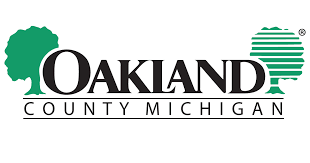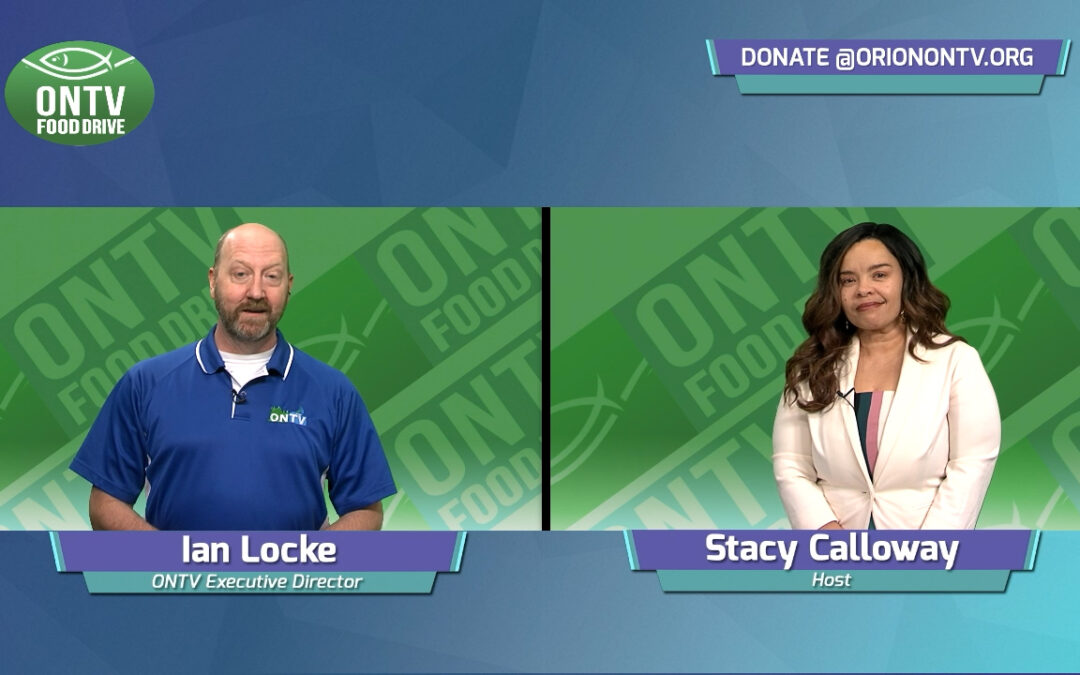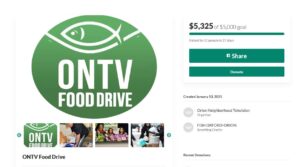
County Contracts With Software Company To Streamline COVID-19 Contac
County Contracts With Software Company To Streamline COVID-19 Contact Tracing For Restaurants And Schools
Pontiac, Michigan – Oakland County is providing free user-friendly screening software to local restaurants and public schools in the county to help enhance safety protocols and streamline the process of screening and tracking for COVID-19.
The county’s Department of Economic Development has contracted with Rochester-based software developer Clear To Go! for its software and app that helps ensure anyone who enters a building is healthy and adheres to current health protocols. The county is paying between $500,000-$750,000 for the cost of the software using federal Coronavirus Aid, Relief, and Economic Security (CARES) Act funding passed at the end of 2020. The contract runs through June.
“One of the challenges for restaurants, schools and businesses is screening clients, students or employees and then keeping track of the all the data,” County Executive David Coulter said. “This software allows our schools, businesses and restaurants to stay safe, run more efficiently and be less intrusive for everyone.”
Scott Garretson, co-founder and chief executive officer of the company, said Clear To Go! has performed over 1.5 million screenings and helped clients manage over 15,000 cases. This includes screening apps for employees, case management for human resources and a visitor management system. Its software is in use in several local communities and Lake Orion Schools.
“Clear To Go! provides a simple solution to help organizations of all sizes streamline daily health screening, tracking who was onsite for tracing, and manage cases/quarantines to know when it is safe for them to return onsite,” Garretson said. “The biggest time saving our clients experience is with our case management solution. Managing quarantines and failed screenings to know when a person can return onsite can be very time consuming. We help our clients prioritize cases and allow end users to share additional information with their open case directly to save time.”
According to a published description of the process, employees, guests or students who enter a location are screened with the Clear To Go! iOS, Android or SMS app using a configurable set of key COVID-19 health-related questions and optional temperature check.
Once the individual is cleared, the information then is linked to a Clear To Go! badge allowing that person to work onsite until the next required screening period.
If an employee or guest fails the screening, Clear To Go!’s case management tool provides early warning detection and a central point to ensure an employer’s established processes and protocols are followed, and then tracks all documents and communications from a human resources perspective.















